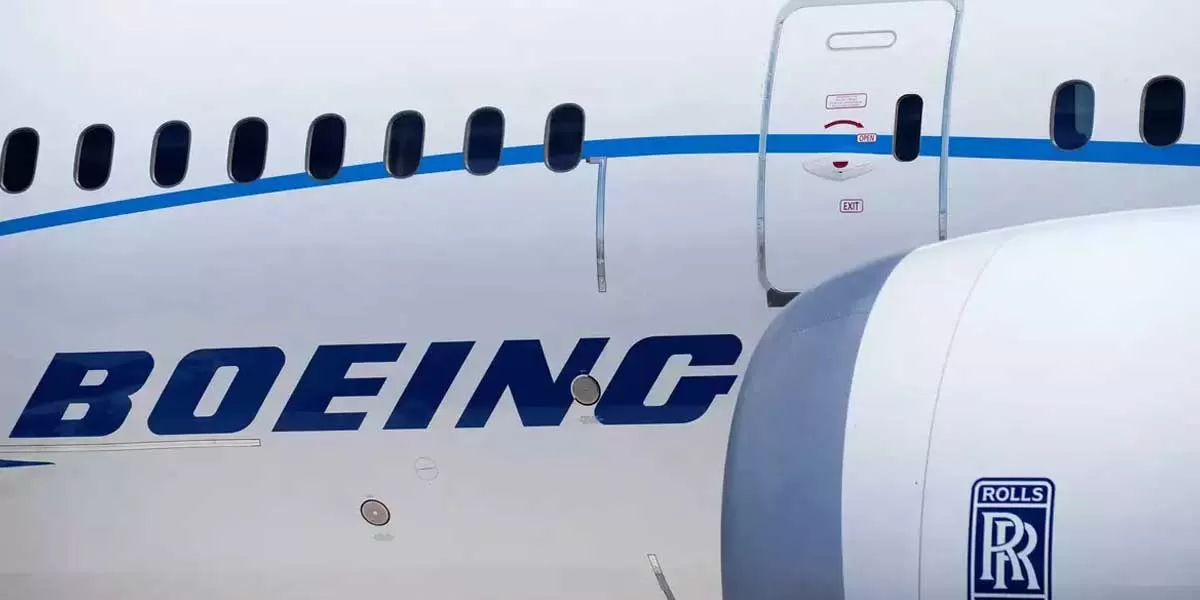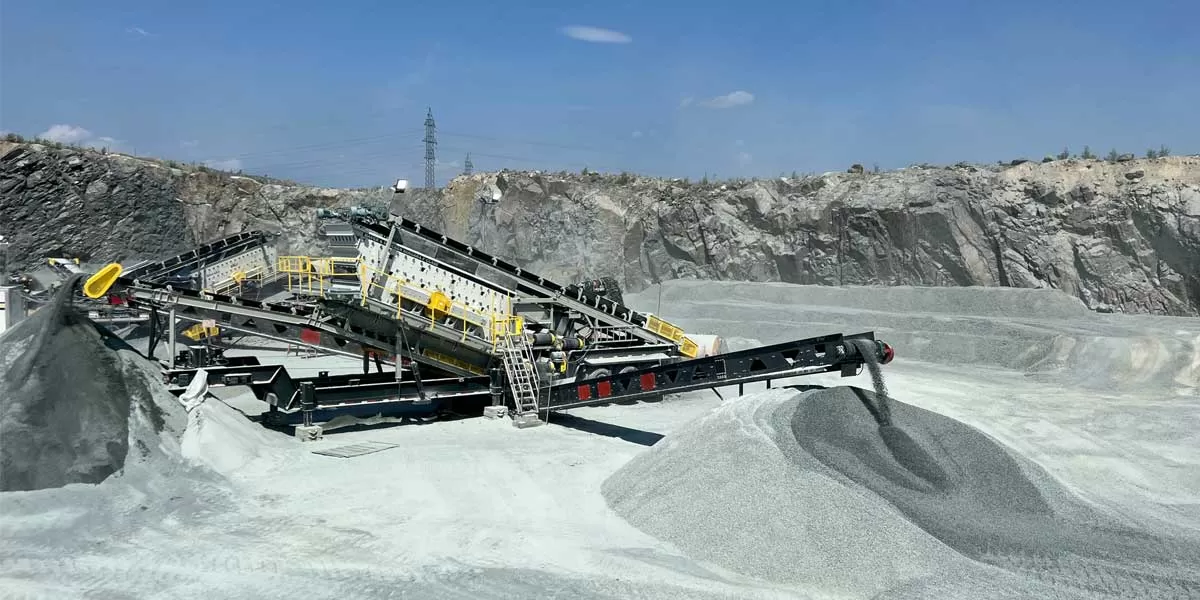
Boeing to Pay Embraer $150 Million Post-Merger Abandonment

LG Introduces Innovative Total Home Solutions at KBIS and IBS 2025
LG Electronics (LG) is showcasing its cutting-edge residential space solutions at the 2025 Kitchen and Bath Industry Show (KBIS) and 2025 International Builders' Show (IBS), both taking place in Las Vegas from February 25-27. As a regular exhibitor at KBIS and a first-time participant at IBS – the world's largest annual B2B construction tradeshow – LG introduces a range of innovative products and solutions designed to meet the evolving needs of home designers and builders in the American market. Aligned with America's latest lifestyle and housing trends, LG's offerings combine thoughtful d..

Haver & Boecker Niagara's Engineering Strength at AGG1
Haver & Boecker Niagara will display its engineering expertise with a full-size Niagara F-Class Portable Plant at World of Asphalt/AGG1 2025. Visitors at Booth 1344 at America’s Center Convention Complex in St. Louis will discover cutting-edge technology firsthand, as Haver & Boecker Niagara highlights the latest innovations designed to maximize efficiency, durability and performance in aggregates operations.“We wanted to flex our muscles at this year’s AGG1 and ‘wow’ showgoers by rolling in our full-size F-Class Portable Plant,” said Julie Andras, Haver & Boecker Niaga..

Consistent reforms will foster growth and reduce investor risk
Incorporated in 1986 as a wholly owned subsidiary of State Bank of India, SBI Capital Markets Ltd (SBICAPS) is a SEBI-registered Category I merchant banker and research analyst. It offers the entire bouquet of investment banking and corporate advisory services under one umbrella, covering project advisory and structured financing, capital markets, mergers and acquisitions, private equity, ESG advisory, startup advisory and stressed assets resolution. Headquartered in Mumbai, SBICAPS has seven regional offices of which six are in India (Ahmedabad, Bengaluru, Chennai, Hyderabad, Kolkata and New ..














